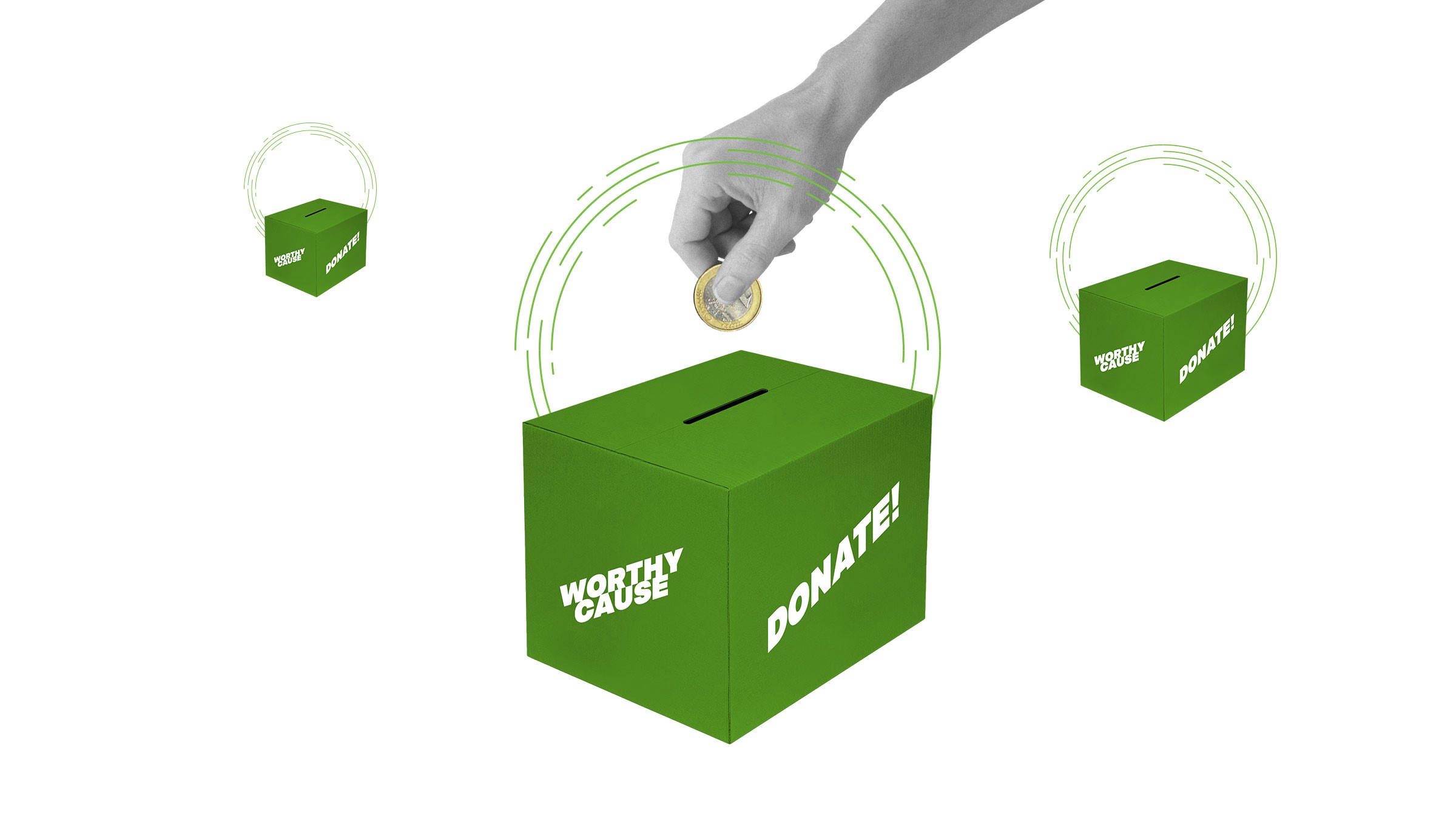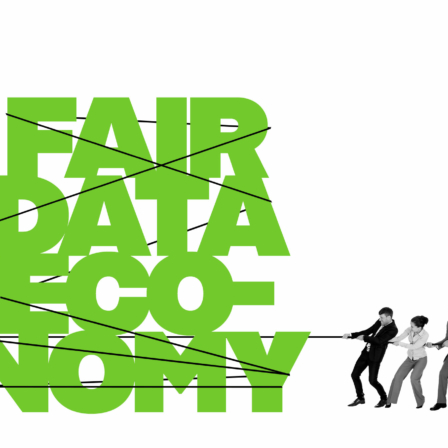According to the “Giving in Europe” study (a comprehensive research by the European Research Network on Philanthropy about donations in Europe), the total amount of donations on average per year is about 87.5 billion euros. The 44% of sources of contributions are corporations or foundations. Nowadays, in Italy, particular institutions called “foundations of banking origin” are playing a major role in the creation of a link between private non-profit companies and public sector.
With the beginning of the data era, one interesting way to promote collaboration between these two worlds is the sharing of data for the public good and the optimization of welfare activities. But why is it interesting to promote a philanthropic data economy? And how?
Foundations of banking origin are particular institutions in Italy: private, non-profit, autonomous organizations born in the early nineties as a result of a law enacted in 1990 (the Amato law) that led to the privatization of the Savings banks and of the Monte banking group. The Amato law separated the banking functions from the philanthropic activities: the activities focusing on social, civil and economic development remained with the Foundations (described as “of banking origin” because they were created during the reformation of the Italian banking system).
Nowadays the Annual Report from ACRI, the association that represents, protects and coordinates the 88 foundations of banking origin, reported that these institutions gave to the non-profit Italian associations almost 1 billion euros in 2018.
The singularity of these institutions is not only related to their economical role for the country but also for the unique blending of private and public characteristics. They are in fact private companies but they work daily with the public sector and for the public good.
Compagnia di San Paolo is one of the biggest foundations of banking origin and has recently adopted a data-driven approach to its strategic action. The adoption of a data-driven perspective has had several consequences, among which one of the most promising and also challenging is the sharing of data collected during the implementation of our interventions with similar projects or standard policies of the Municipality of Turin. We could consider these preliminary and theoretical objectives as an example of “philanthropic data economy”.
Let’s think about two main intervention areas: educational services for children and active labor market policies. These were two main priorities of our mission in the last year: but, obviously, the city of Turin constantly develops projects about these topics. Starting from this consideration, the idea to share data through a kind of public-private Data Warehouse aggregating public and private data has grown inside the foundation.
In our opinion, this could be a way to turn data into an asset for the public good. There are many ways in which we could use these data: how many people are involved in active labor market policies? Which age groups are we helping the most? What is the complete offer of education services for children? How are they spread across the city? Are we forgetting someone? Or, vice versa, is anyone taking too much advantage of these services?
So, think about a centralized data center in which beneficiaries of services offered by the large amount of private and public institutions in Turin are registered (and services themselves of course) in order to improve the quality of interventions and the equal distribution of aid and assistance. We are probably not so far from a data-driven policy making.
In Compagnia di San Paolo we are debating about this innovative data project, but, as you can imagine, there are a lot of challenges and obstacles to face. The dialogue between private institutions (not only Compagnia di San Paolo) and the public sector is not immediate and easy. GDPR rises a severe problem about privacy, especially when it comes to sharing data that are highly sensitive. Last but not least, institutions are not always willing to share their data. The realization of this project will probably need a long and difficult negotiation among several actors from private and public sector.
The aim of support decision and policy making with shared data is ambitious: however, politician and institutions could drive this evolution promoting laws that encourage the sharing of data, managing the sensitive information correctly and exploiting the real value of data. Thus, a virtuous circle could be generated, starting from the institutional promotion of data sharing, moving to the creation of private-public data centers that make the interpretation of daily phenomena more understandable and help institutions to design more effective policy policies.
Open data undoubtedly deserves careful thought and planning: the Open Data Maturity 2018 shows that different European countries move at different speed. Only five countries (Spain, France, Italy, Cyprus and Ireland) are labeled as “trend-setters” sustaining Open Data efforts.
However, it is not clear how often and in which way data is used today by the private and the public sector (the so called Open Data Impact). We know that Open Data is an extraordinary source of knowledge that could support the process of generation of new policies. In our limited experience, we have identified the potential residing in Open Data, but, at the same time, we have encountered severe practical challenges in term of communication among datasets, data granularity and so on.
Following our “data-driven philanthropy” approach, we are designing a data model that brings together datasets that summarize insights about the specific institutional area of the foundation (art and culture, research and health, social policies). The underlying idea is to create a database in which significant datasets are stored as well as a final dashboard in which decision makers of the foundation can follow trends of specific phenomena and receive an evidence-based support from data. Maybe cities could follow the same approach.
In sum, there is strong evidence of the potentiality of data economy in the relation between non-profit private and public sector: Compagnia di San Paolo is currently working on this topic. There is no doubt that data have a huge power that has to be activated.
Questions
- Is it really possible to build a shared data system reaching cooperation among several private and public institutions? Are there political implications?
- How is it possible to harmonize the collection of personal data for public good with privacy rules?
- What is the role of Open Data in the development of data economy? Are they really useful?
Sitra’s guest atricles give a voice to the players of the future in different fields. They do not (necessarily) directly link to Sitra’s work or agenda, but are the authors’ thoughts on current issues that relate to the themes Sitra is passioned about.









LATEST
Read more